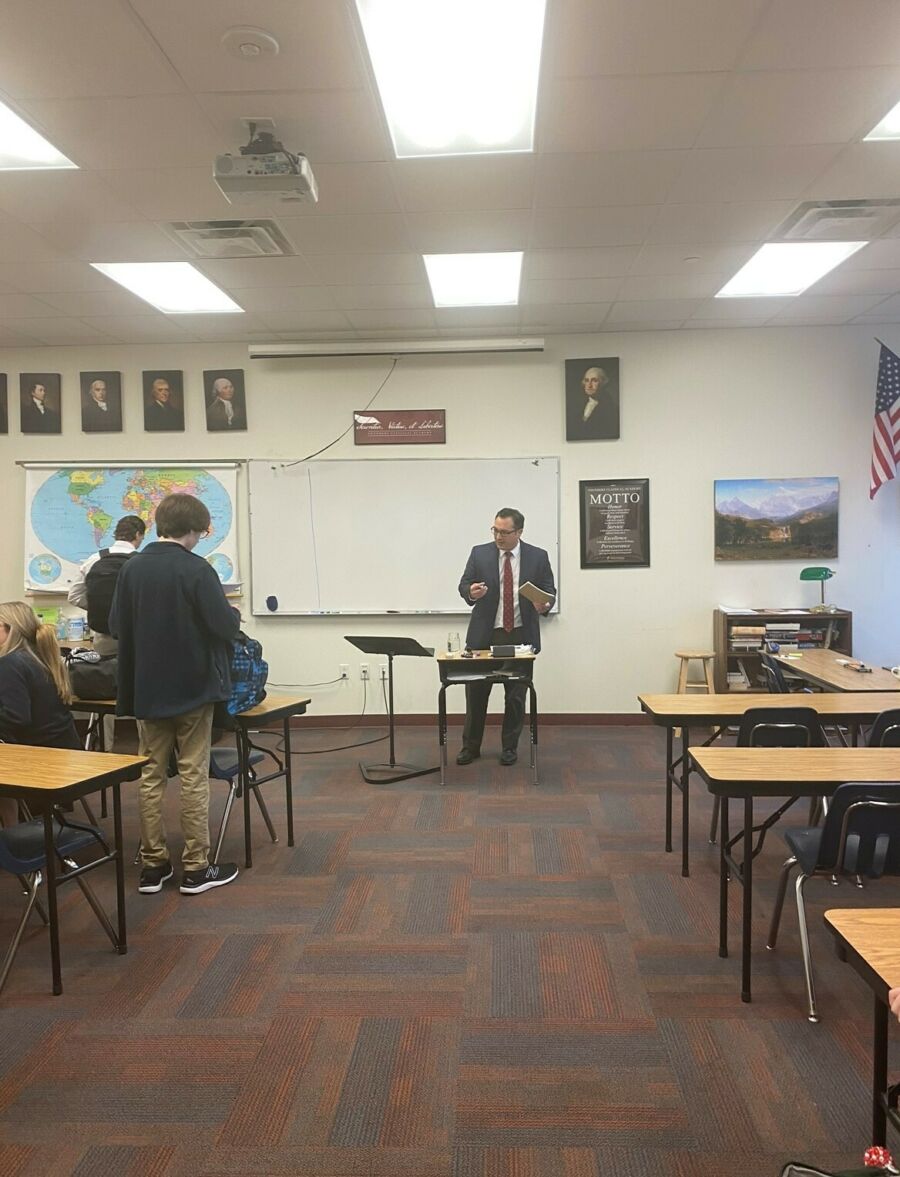
LEWISVILLE—It took a moment, and you could almost hear the synapses buzzing throughout the Founders Classical Academy classroom. Finally, one student, Sam, raised her hand.
History teacher (and assistant headmaster) Alex Misko had challenged his class to compare and contrast the American Revolution and the French Revolution. One resulted in the greatest, most prosperous and most generous nation in the history of the world. The other ended in the Reign of Terror, the Napoleonic Wars and a restored but broken monarchy.
The difference, he hinted, might be found in how the American Declaration of Independence differs from the Declaration of the Rights of Man and the Citizen, a document drafted by the French revolutionaries.
Sam had found the key difference: The French statement claimed, “ignorance, forgetfulness or contempt of the rights of man are the sole causes of public miseries and the corruption of governments…”
She asked, “how can that be the sole cause of miseries?”
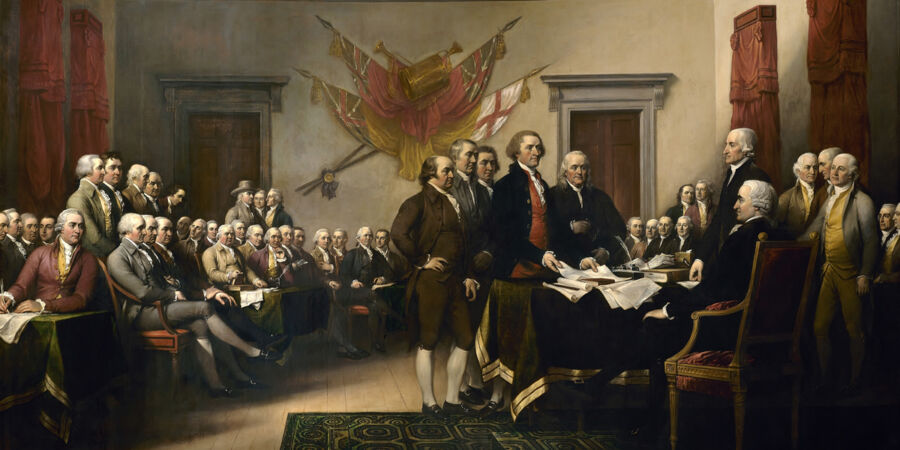 Sam was right; if ignorance and government are the “sole cause” of all our problems, then government and education are the only solutions, the class reasoned. Mr. Misko was pleased.
Sam was right; if ignorance and government are the “sole cause” of all our problems, then government and education are the only solutions, the class reasoned. Mr. Misko was pleased.
“That’s right,” he responded. “They didn’t mention ambition, or personal vice, or other causes.”
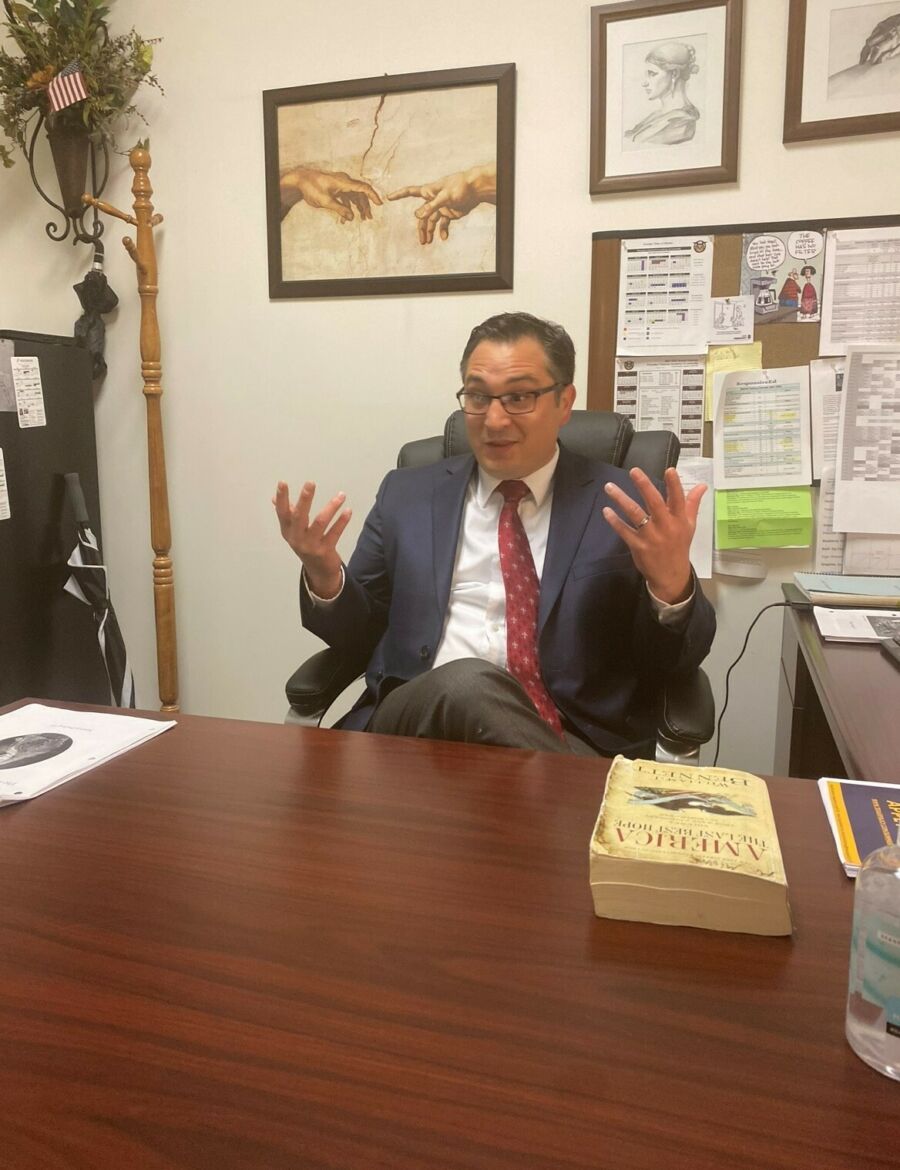
The class went on to discuss the Little Ice Age that devastated the European wheat crop in 1789, the spending habits of the Bourbon dynasty and other elements that made life a misery for the vast majority of the French population.
That key difference between our Declaration and the French version is clear: American citizens enjoy rights that come from a Creator; the French declaration substitutes this with, “The law is the expression of the general will.” The difference is liberty vs. license.
Though Mr. Misko’s class didn’t delve into the subject much further that day, this fundamental difference is why parents are flocking to classical education. In rejecting the woke education establishment, parents are choosing once again the real aims of education—the true, the good and the beautiful. Founders Classical Academy is a public charter school with 20 campuses; each has a waiting list.
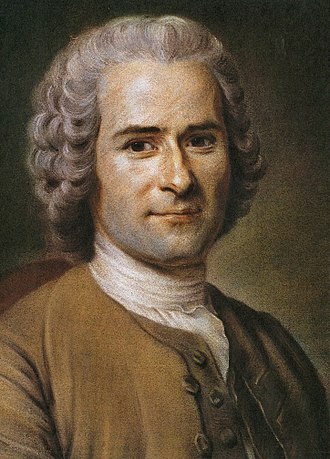
In many ways, the difference between the U.S. and French revolutions is mirrored today in approaches to education. There’s a direct link from French philosopher Jean-Jacques Rousseau (1712-1798), whose ideas contributed the French Revolution, to today’s educational approaches.
His work “Emile, or On Education,” laid the foundation: “Once you teach people to say what they do not understand, it is easy enough to get them to say anything you like.”
And there’s the utopianism Sam pointed out in Mr. Misko’s class. Rousseau claimed, “Nature made me happy and good, and if I am otherwise, it is society’s fault.” Society, then, must remake mankind, beginning with the child.
In Rousseau we find the moral relativism clearly being taught in our public schools: “I need only consult myself with regard to what I wish to do; what I feel to be good is good, what I feel to be bad is bad.”
That’s not what Founders Classical Academy teaches.
“Classical education means that we choose a curriculum that will seek to develop our students as human beings,” Mr. Misko explains. “To ennoble them, to build the skills and understanding life in general, to develop a deeper human life and flourishing—being a good citizen.”
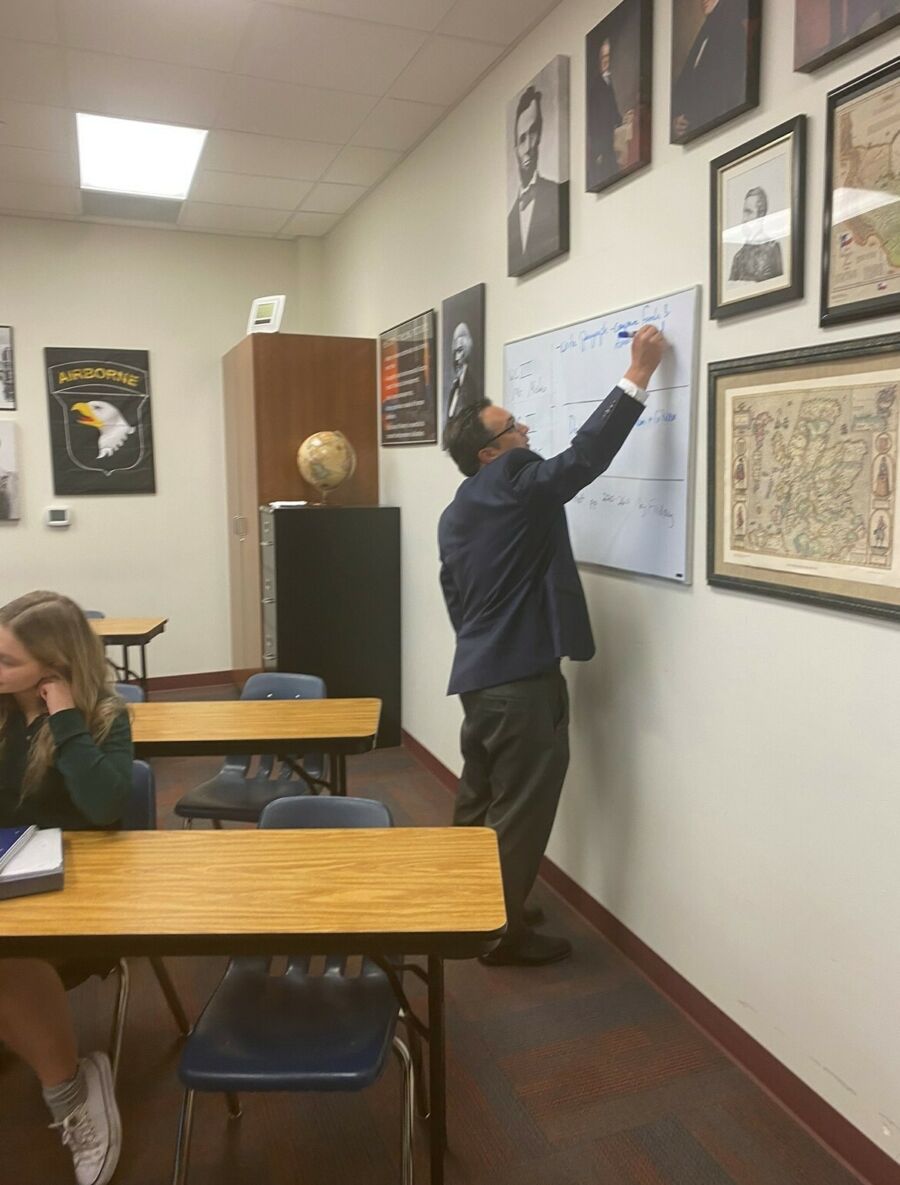 That curriculum includes classical literature—Shakespeare and Homer, rather than graphic novels and kiddie lit—but it also includes logic. It’s logic that makes the real connections—such as the connection between Rousseau and modern education.
That curriculum includes classical literature—Shakespeare and Homer, rather than graphic novels and kiddie lit—but it also includes logic. It’s logic that makes the real connections—such as the connection between Rousseau and modern education.
“There’s a faulty assumption in our society that the acquisition of knowledge is no longer necessary because we have smart phones,” Mr. Misko adds. “But if you don’t have the resources to develop those higher thinking skills, they have nothing to work with, you can’t make those higher connections.”
As G.K. Chesterton noted, “if we are uneducated, we shall not know how very old are all new ideas.”
For more information on Founders Classical Academy and classical charter schools, click here.